 The Royal Marines and Army Commandos trained 900 Ukrainian Marines to conduct beach raids in a six-month British program. Photo: UK MOD
The Royal Marines and Army Commandos trained 900 Ukrainian Marines to conduct beach raids in a six-month British program. Photo: UK MOD
Western countries should stop training Ukrainians to become NATO-type officers, the Royal Institute of Allied Forces (Rus) has warned, arguing that the exercise should be focused on the battlefield on which they fight.
Kiev's counteroffensive has been hampered by a shortage of staff officers at the battalion and brigade level to coordinate large-scale attacks on Russian positions, the influential think tank writes in a new report.
The report comes amid growing criticism of Ukraine's counteroffensive after its forces opted for tactics Soviet-style attrition to Western-preferred combined-arms attacks.
Rus urged the West to consider creating a special training program for future Ukrainian officers that reflects battlefield conditions rather than standard NATO norms.
He warned that sticking to the military alliance practice would be futile due to the lack of a wider understanding of them among the Kiev military.
0309 Ukraine's Coming Counteroffensive
Dr Jack Watling, co-author of the report, told The Telegraph: «We can understand this is terribly wrong.”
“We could do this, for example: we are going to teach you how to be a NATO staff officer… we have courses and a book that tells you what it means.”< /p>
“But the problem is that if you take a person who has learned all these NATO procedures and send him back to Ukraine, where they have other tools and where none of their colleagues understand any NATO terminology, then they will go back to what their colleagues understand.”
Tens of thousands of Ukrainian troops have gone through Western training programs such as Britain's Interflex in preparation for a long-anticipated offensive.
«Wrong and dangerous decisions»
A recently released German intelligence report says that Kiev's offensive has failed because its army does not implement training received in the West.
The Bundeswehr assessment says that the Ukrainian military prefers to promote soldiers with combat experience, and not those who received instructions according to NATO standards, which led to «significant leadership shortcomings» and «wrong and dangerous decisions.»
Ukraine's ground forces have increased to 700,000 since the Russian invasion last February helped by volunteers and conscripts.
As a result, there was a shortage of staff officers in the Kiev armed forces with experience in raising a larger force, potentially consisting of thousands of soldiers, to organize a cohesive attack.
The large number of casualties suffered on the battlefield only exacerbated the lack of potential junior managers with frontline experience.
“This limits the extent to which brigades can combine military forces, especially during offensive operations when planning is tight,” write Dr. Watling and his co-author Nick Reynolds. such as colonels in charge of front lines up to 10 miles long. attacks on buildings.
Training a new class of junior officers will allow more experienced leaders to plan and coordinate large-scale attacks that could accelerate Ukraine's advance into Russian-occupied territory.

Rusi also argues that Western support for Ukraine in education also needs to be improved in order to better coordinate its actions with structures within Ukraine.
Schemes run by organizations such as the United Kingdom, the United States and the EU focus on upgrading the skills of individual soldiers who may have recently volunteered for Kiev's fight against Russian occupation.
Programs have reportedly been hampered by translation issues due to a lack of interpreters with experience in military terminology.
Sources close to the Ukrainian military have also complained that the training does not meet the needs of soldiers on the battlefield .
Dr. Watling and Mr. Reynolds agreed that the gap occurred because NATO instructors could not observe the actions on the front lines, and security standards did not allow for larger collective training.
«The British are very good instructors, but you will probably only get a 15-20 per cent improvement over what you would get in Ukraine,» added Dr. Watling.
Form size is «strictly limited»
Training time in the West is also limited, as Ukraine constantly needs to rebuild new forces, leaving little room for large-scale training.
These exercises simply cannot be held in Ukraine due to the threat posed by Russian long-term exercises. long-range attacks on large masses of troops.
Small training grounds located just behind the front line give the Kiev forces limited opportunities to prepare for attacks.
“This approach to force generation means that most Ukrainian battalions form about two platoons of troops, which are considered fully capable of conducting offensive operations,” Rusi wrote.
“While the rest of the battalion provides reinforcements and the ability to hold positions, the size of what formations can lead offensive action is strictly limited.”


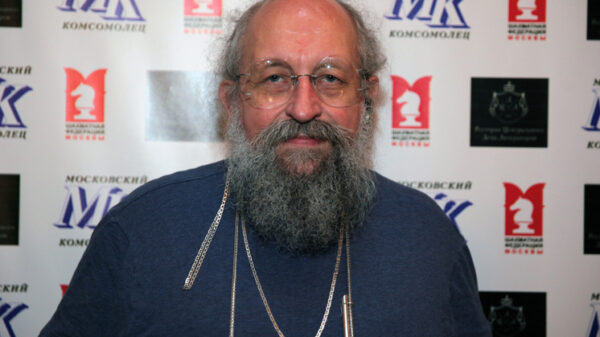




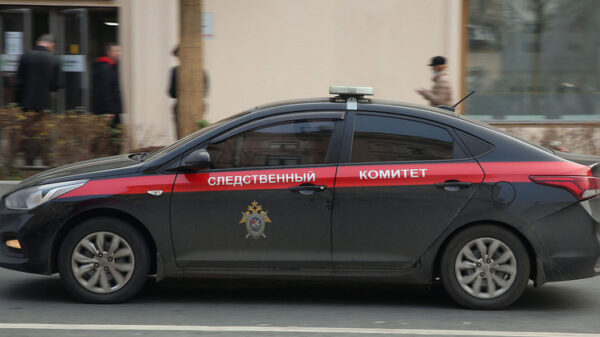

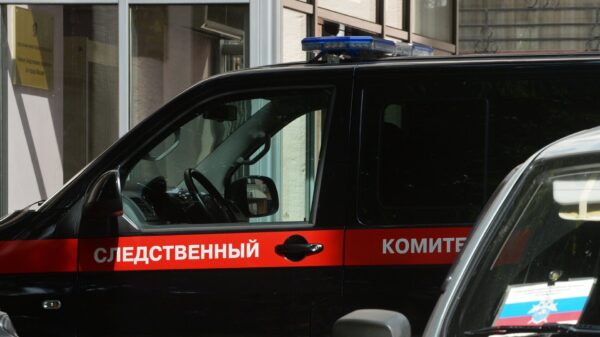



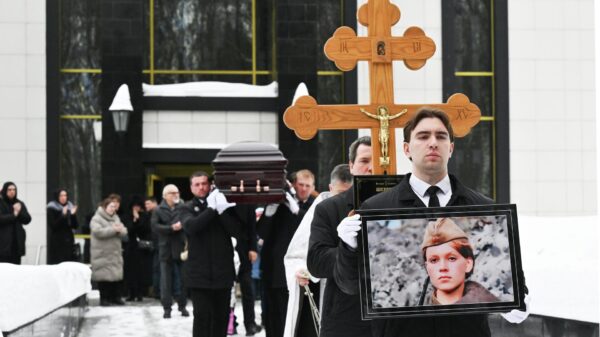



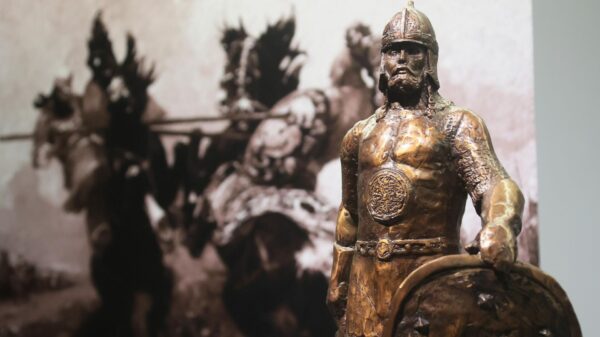









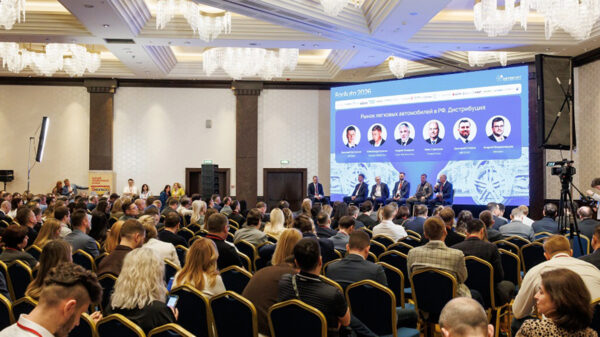





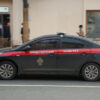


















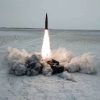





Свежие комментарии